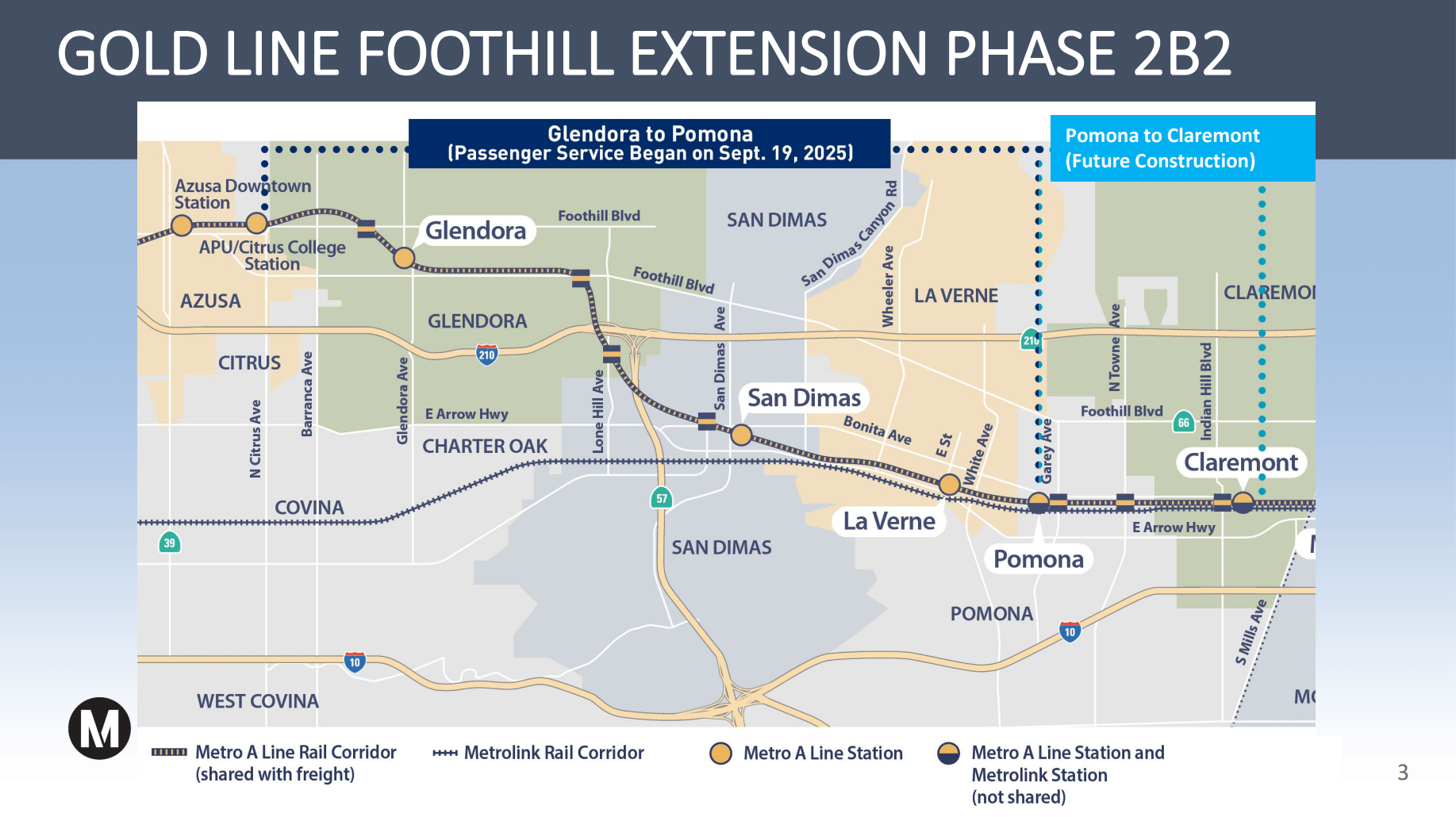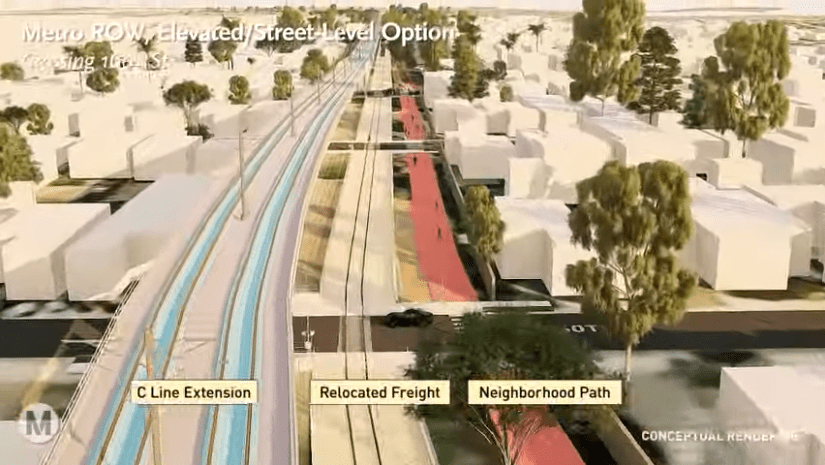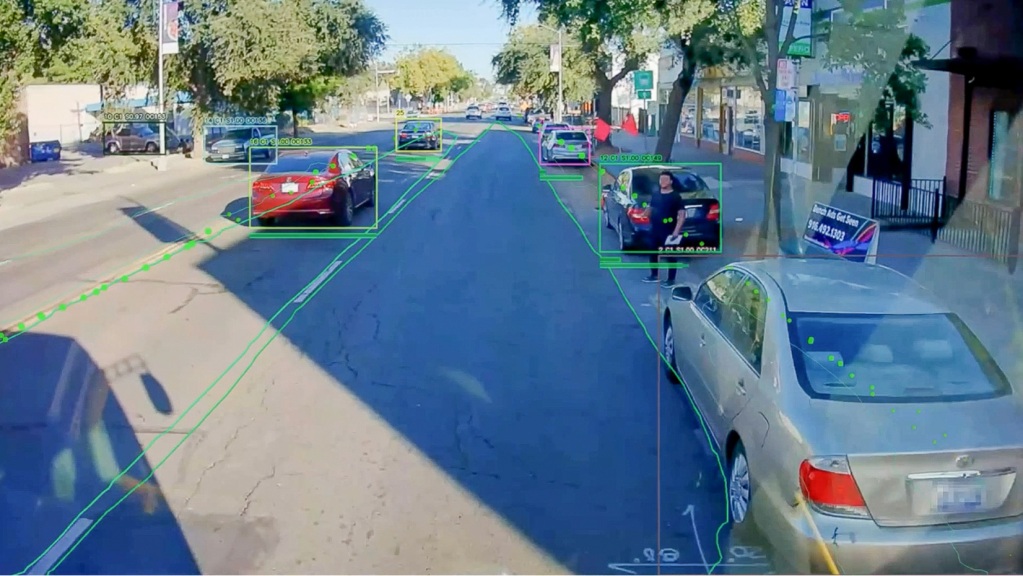Are cities with strong centers faring better in the recession? Today on the Streetsblog Network we're featuring a post from NRDC Switchboard's Kaid Benfield that pulls together several items suggesting that might be the case:
Downtown Abilene, Texas: More jobs near the center, lower unemployment. Photo: austrini/Flickr.
[A] story by Alejandro Lazo in Saturday's Washington Post
once again demonstrated that central locations in our metro area are
not suffering the same declines in housing values as outer locations. I
have covered this before (see also here),
but what's new is a full year's worth of data on all home sales in the
area in 2008. Only one jurisdiction in the region had its median home
sales price increase, compared to 2007: Washington, DC itself, with an
8 percent increase.
Benfield also cites a column by economist Ed Glaeser,
who has analyzed data showing that cities with more jobs near the
central core have lower unemployment, as do cities with higher
education rates. Glaeser writes:
I
wouldn’t want to leap from this correlation to a wholesale endorsement
of encouraging more centralized development. Yet the facts do suggest
that smart people, connected by urban density, are doing a better job
of dealing with adversity.
Elsewhere around the network: The New Republic's The Vine
blog reports on Obama's mention of a possible "cash-for-clunkers"
program to encourage the purchase of newer, more efficient cars; The Naked City, in Charlotte, NC, talks about what might be next for Charlotte's transit-boosting mayor, Pat McCrory; and Hugeass City answers the question "What is livability?" -- in just 50 words.
Bonus: another awesome bike video from the South Side of Chicago -- Cool Kids' "Black Mags," via the Bus Bench.






